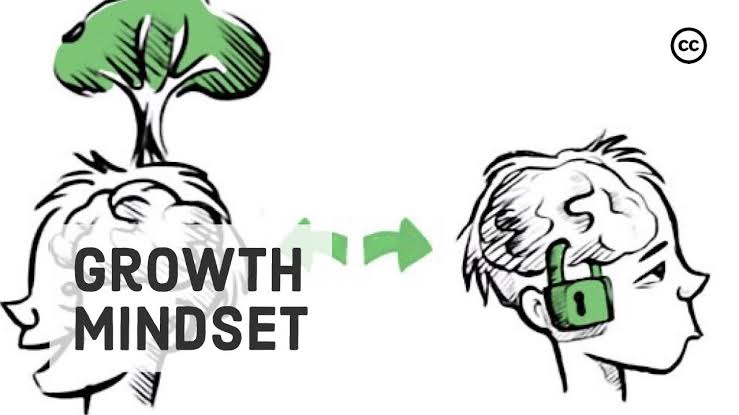Science writer David Robson’s book The Expectation Effect: How your Mindset Can Change Your World has been making waves.
Having studied how the human brain is skewed toward a certain way of thinking, he provides some key insights into how a person’s expectation governs their world:
1. The placebo effect
Our brains are able to predict things and are constantly simulating the world around us and what may happen next. These predictions shape our sensory perception, and it’s not entirely incorrect to say we really do see, hear and feel what we believe.
Using this predictive processing mode, our underlying beliefs about ourselves and our situation can often create self-fulfilling prophecies. This phenomenon is known as the expectation effect.
Perhaps the most famous expectation effect is the placebo response, in which positive beliefs about a certain treatment can relieve a patient’s symptoms and accelerate recovery.
One example of this was a study where patients with chronic back pain were told about the power of expectation to reduce their symptoms before being given a jar of clearly labelled placebo pills, to be taken twice a day.
Over a few days, their symptoms improved by 30 per cent. Even more amazingly, they still reported benefits five years later, compared to the group who had continued with standard treatment.
The mere knowledge of the expectation effect had helped them manage their pains. Given these, doctors are now considering open-label placebos as a way to stem painkiller addiction.
2. How to turn an unpleasant experience to your advantage
Many of us get stressed when having to face daunting situations, be it a public speaking event, an exam or any other anxiety-inducing situation. A racing heart and sweaty palms, aren’t necessarily a bad thing. The stress response is adaptive, the racing heart pumps more oxygen and glucose to the brain helping us think better and hormones like cortisol at moderate levels ensure we remain alert.
3. You are only as fit as you think you are
Many of us have the intention to get fitter, while simultaneously nurturing the belief that we can’t exercise enough. This assumption may be shaping our physiological response to workouts so that we fail to enjoy its benefits.
In general, people with positive beliefs about their fitness move their muscles more efficiently, and they are more likely to feel that pleasant lift in mood after a workout.
So the key is to build our mental beliefs around this and remove our pessimistic beliefs. We can then learn to reframe the aches and pains of exercise as signs of progress.
4. Worrying about lack of sleep is actually fuelling insomnia
Statistics from the Centre for Disease Control reveal that about 8% of the population has such serious insomnia that they regularly take sleeping pills – an estimated 17 million people.
Despite this, multiple studies also show that our estimation of how much sleep we get, relative to what we need, is often highly inaccurate. Many people actually do achieve the seven to eight hours a night they need but believe they are constantly lacking. These “complaining good sleepers” are actually more likely to suffer from poor concentration, fatigue, depression, and anxiety than people who sleep less but think they have enough sleep.
These are the “non-complaining bad sleepers”. In fact, even if you’re a bad sleeper but are positive about it, the physical effects of insomnia such as high blood pressure do not manifest as much and are more of an expectation from the complainers.
According to one sleep scientist, “worry about sleep is a stronger pathogen than poor sleep”.
5. Your belief about ageing determines how long you live
Your beliefs influence how quickly you age. According to the Ohio Longitudinal Study of Aging and Retirement, which examined more than 1,000 participants; “People with more positive views about aging are about half as likely to develop Alzheimer’s.”
Unfortunately, our society is full of ageist stereotypes that reinforce the idea that ageing is inevitably accompanied by decline.
If you want to fight against it, you might look for positive role models who actively rejected these assumptions. One of them would be Paddy Jones, the world’s oldest acrobatic salsa dancer who began dancing professionally in her 60s. She now tours the world dancing at 80.
The post The Expectation Effect: How what you think about changes your world appeared first on The Independent News.

